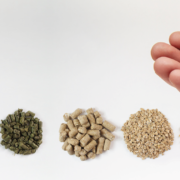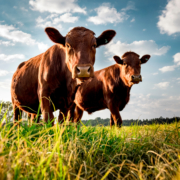WHO launches Global Strategy for Food Safety
The World Health Organisation has launched the WHO Global Strategy for Food Safety 2022-2030, adopted by Member States at the 75th Session of the World Health Assembly held earlier this year. It marks a milestone in WHO work to promote health.









